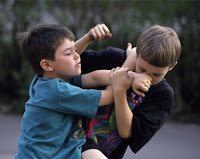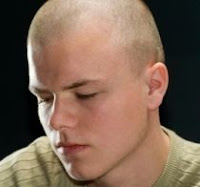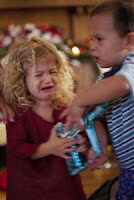Aggression in Teenagers with Autism Spectrum Disorder

"Is aggression typically a trait of teens with ASD? I'm a single parent and my 17 y.o. son is becoming more verbally and physically aggressive and I do not know if this will escalate to dangerous levels." Adolescents with ASD (high-functioning autism) are often not found to be physically aggressive unless they feel threatened in some manner. For some young people on the spectrum, aggression may become quite common when reaching adolescence, and this may be clearly influenced by the parenting styles of the mother and/or father. Also, if your son is on the receiving end of teasing, bullying and peer-rejection at school, then aggression and shutdowns can be expected either at home or school (or both). One of the key factors in determining an ASD youngster's tendency to develop aggression later in life may involve the presence of a maternally sensitive woman who can balance the discipline and aggression in life. In many of today's families, it is not




